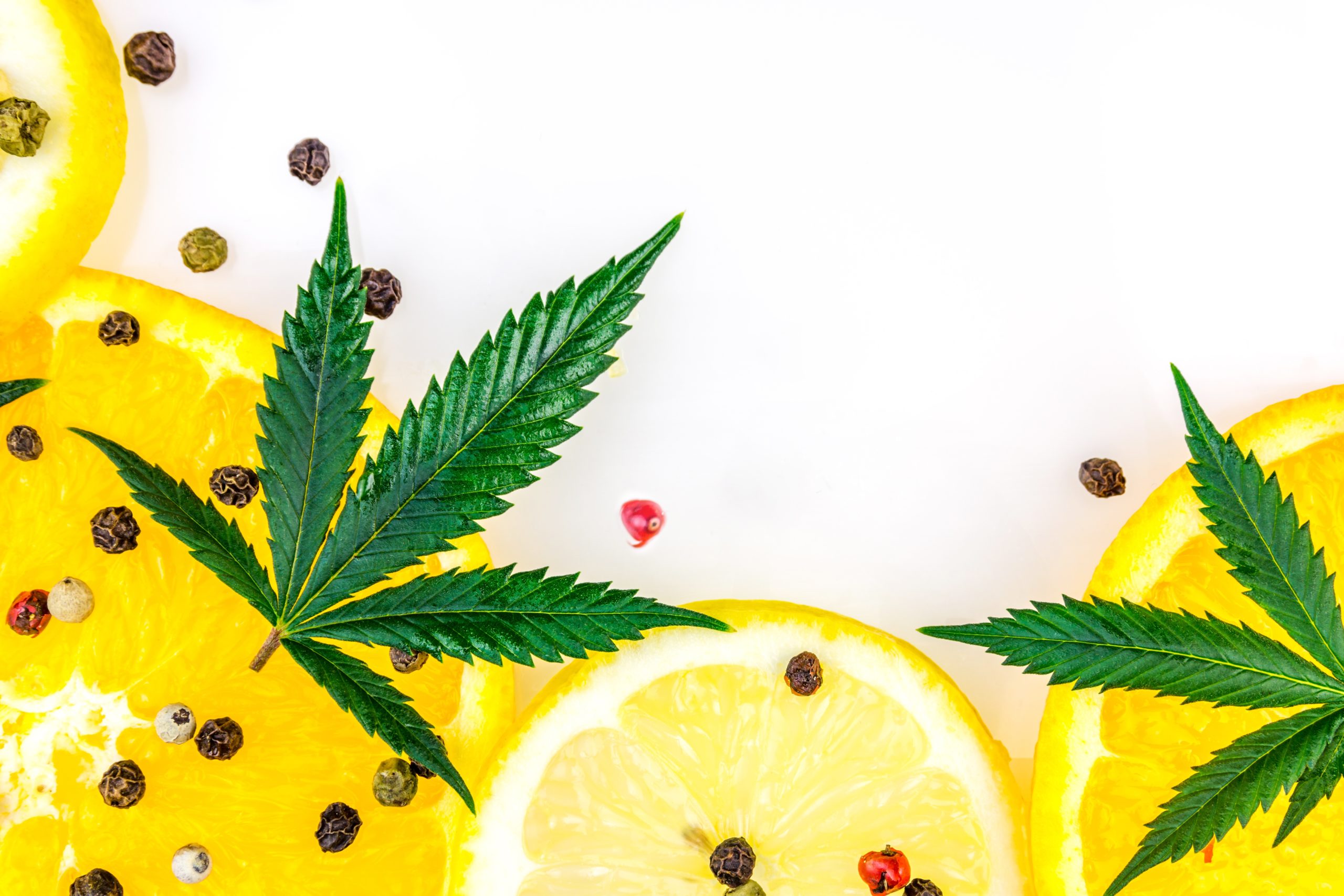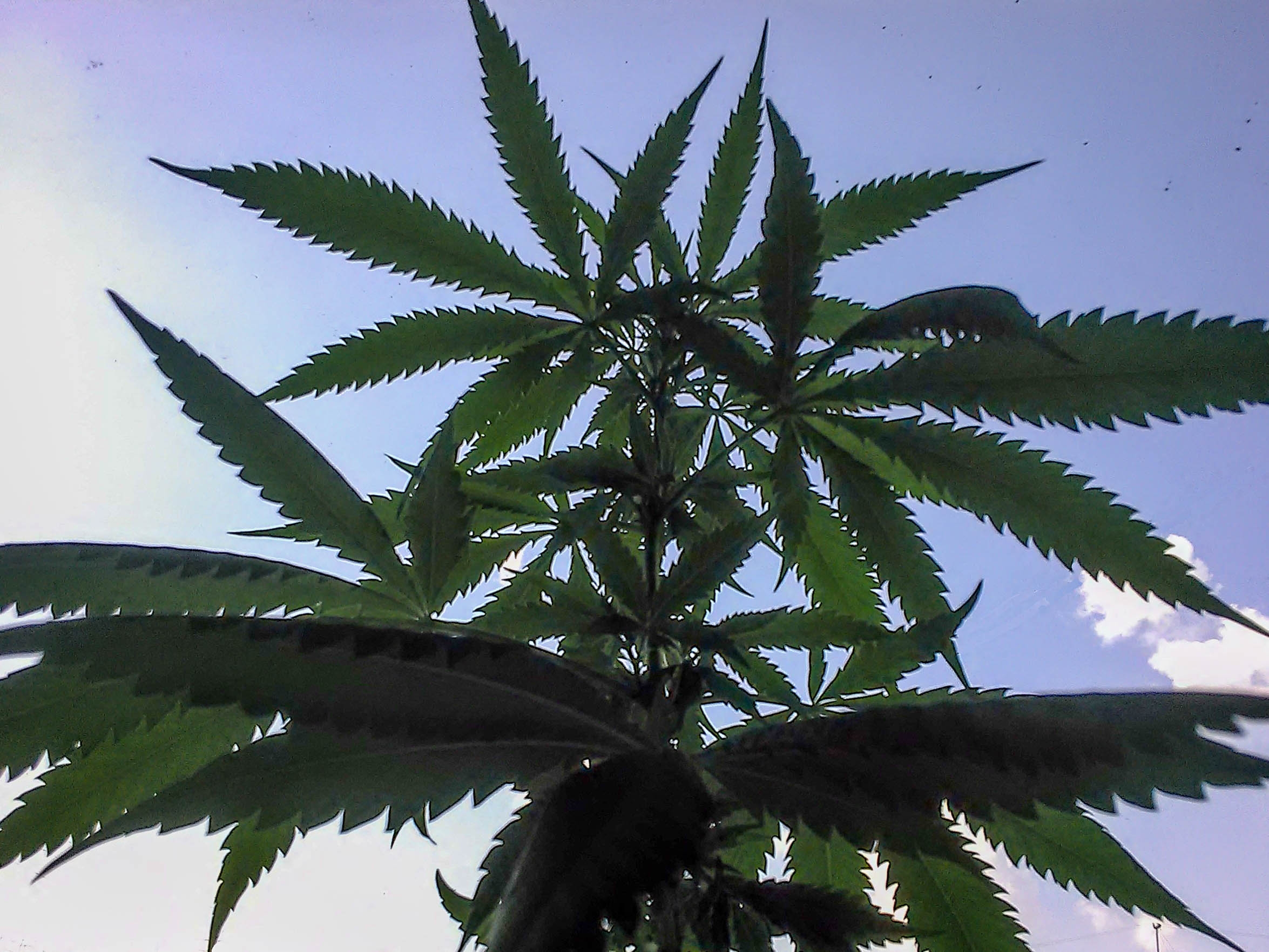Everything About HHC
The cannabinoid HHC (Hexahydrocannabinol) is slowly but surely becoming a celebrity in the cannabis industry, much like CBD. And it’s no surprise. Since it’s a substance very similar to the psychoactive THC, but with milder side effects, better efficiency, and a more stable chemical bond, its popularity is growing at a rapid pace both among consumers and manufacturers.
So, what effects does it have on the human body, considering it has built such a large fanbase in such a short time? How does it even come about, since it naturally occurs in cannabis in very small quantities? If you’re curious to learn more, read on, because we’ve put together the best summary of everything we know today about this increasingly sought-after cannabinoid.
What is HHC?
The cannabinoid molecule was discovered in the 1940s by renowned chemist Roger Adams. His feat was achieved using a technique called hydrogenation, where one cannabinoid is chemically transformed into another. The substance can be synthesized in a laboratory from the cannabinoid Delta-9 THC, which naturally occurs in cannabis. When this happens, a hydrogenated derivative of Tetrahydrocannabinol is formed – in other words, a mildly psychoactive and euphoric substance called HHC.
However, it’s important to note that not all substances are created equal. This is because different manufacturers use different raw materials and manufacturing methods. Some brands offer products with significantly lower potency than others. Potency refers to the strength of the cannabinoid’s effects, so if it’s high, the user can expect a stronger effect in practice. In other words, more bang for your buck.
“It is the most stable cannabinoid that exists. It is resistant to many things that traditional Delta-9 THC is sensitive to, such as heat and UV rays, and it has a much longer shelf life due to its additional hydrogen atoms. The substance you’ll find on the market is isolated from Delta-9 THC, which is naturally found in the cannabis plant. It is nearly identical to THC but with two additional hydrogen atoms, making it more efficiently absorbed by the body.” — LEAFWELL.COM
Chemist Roger Adams, after World War II in 1947, used organic cannabis extract from marijuana to synthesize an unknown cannabinoid. It naturally forms as a byproduct of THC degradation, and in 2020, it was also found in cannabis seeds of Cannabis sativa. The most interesting thing is that cannabis naturally contains substances with very similar chemical structures, such as compounds like 9α-hydroxy or 7-oxo-9α-hydroxy. Other organic cannabinoids with similar effects exist.
Effects of HHC on the Human Body
What are the effects of HHC on the body and mind? The answer is not clear-cut, as it’s a relatively new substance in the cannabis industry. However, based on available information, we can deduce that HHC is a somewhat weaker, yet significantly higher-quality alternative to THC. Some experts believe that the potency of HHC from high-quality substances can reach around 70% of the strength of the naturally occurring psychoactive THC. HHC does bind to the CB1 cannabinoid receptor, but with a weaker affinity than THC, which means it’s not as potent. The effects can last anywhere from one to three or four hours, depending on several factors, such as the product’s potency, the type of product, or the method of consumption.
Potential Uses of the Cannabinoid:
-
Chronic pain
-
Inflammation
-
Nausea and vomiting
-
Poor sleep
-
Anxiety and depression
However, a problem arises because most HHC products found in local stores and online shops contain both active and inactive cannabinoids. So, the effect can vary. Sometimes, a few puffs from a vape will be enough, other times, even ten puffs might not do much. There are, however, high-quality HHC products where this is not an issue. They are few in number but exist. If you happen to come across one, it will likely have a “High Potency” label, which essentially indicates a high-quality product. In these cases, the percentage doesn’t matter as much; milligrams are often used as a clearer indicator.
The Difference Between HHC and THC
Is there a difference between THC and HHC? Absolutely. Although these two compounds share many similarities, there are still some key differences. For example, marijuana has more intense, longer-lasting psychoactive effects than Hexahydrocannabinol, which can be considered a weaker version of the organic THC Delta-9. Whether the effect is energetic or sedative largely depends on whether the cannabis product has a Sativa (energy), Indica (sedative), or Hybrid (balanced) terpene profile.
While there are hints that the chemical structure of cannabis contains HHC similarly to THC, it likely only occurs in very small amounts. Many manufacturers have learned over the past few years to perform quality conversions of readily available cannabinoids into rare cannabinoids, offering relatively high-quality and affordable products. Several methods can achieve this, including hydrogenation, which is also used to convert vegetable oil into margarine.
“Hydrogenation is a chemical reaction between molecular hydrogen (H2) and another compound or element, usually in the presence of a catalyst, such as nickel, palladium, or platinum. This process is commonly used to reduce or saturate organic compounds.” — WIKIPEDIA.ORG
Through the hydrogenation process, molecules of active substances in cannabis extract are chemically transformed into molecules that naturally occur in the plant, either in very small quantities or not at all. Common cannabinoids like THC Delta-9 or CBD can be relatively easily, quickly, and cheaply converted into HHC, THC Delta-8, Delta-10, or the psychedelic substance THC-O.
Combining HHC with THC
What happens when you combine HHC with THC? Since these are very similar substances with similar chemical structures, combining them can create an environment where the two cannabinoids complement each other. This means that HHC can enhance the effects of THC and vice versa. This is similar to the synergistic effect found when combining cannabinoids like CBD with CBG or CBN in higher concentrations. This synergy enriches their basic effects on the human body and endocannabinoid system.
What HHC Products Exist?
Even though it might not seem like it at first glance, there’s a fair range of HHC products on the consumer market today. Choices include vape pens or cartridges, oils, hash, or flowers, which are regular cannabis flowers but dusted with high-concentration isolates. Manufacturers are quite inventive in this market segment, and due to increasing demand, we often see interesting new products.
Some of the most popular products are vape pens with cartridges or disposable vape pods, which provide discreet inhalation of the active substance without smoke or tar. However, some users also seek out edibles like gummy candies or delicious brownie cakes, which offer slightly more intense and powerful effects than vaping vapor from thick cannabis distillate. There are plenty of options, but the most popular ones are still vape pens and their aerosols, which can provide a very quick and efficient effect without introducing too many harmful substances like when smoking joints, which produce carcinogenic smoke and tar.
HHC Vape is TOP
Vaping HHC is popular primarily because it involves inhaling active substances through vapor rather than smoke with tar, which is produced when smoking joints or hash. Vape users can better enjoy the taste of the strain and also experience more efficient effects. When cannabis is burned, it also damages cannabinoids and cannabis nutrients, meaning less of the active substance reaches the bloodstream compared to using something like a vaporizer pen with a cartridge. E-cigarettes with high-quality cannabis concentrates contain only pure natural substances extracted from the cannabis plant—no PG, VG, or controversial glycerin.



